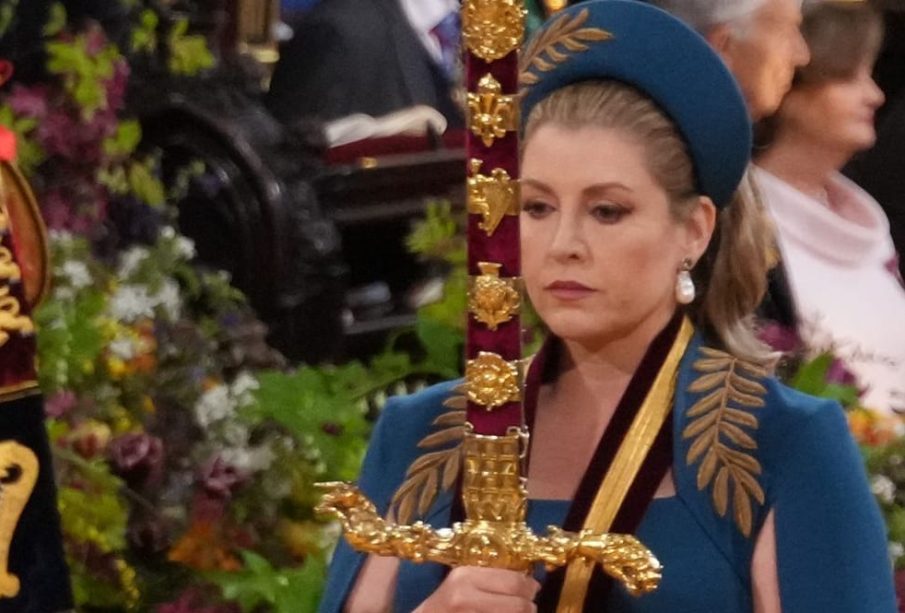An Overview of Penny Mordaunt’s Political Journey

Introduction
Penny Mordaunt, a prominent British politician, currently serves as the Leader of the House of Commons and is one of the key figures in the UK Conservative Party. Her trajectory in politics, marked by crucial roles and significant public engagement, makes her a pertinent subject of discussion, especially in the context of the current political landscape of the United Kingdom. As the political environment evolves, Mordaunt’s influence and decisions are more relevant than ever.
Political Career Highlights
Penny Mordaunt was first elected as the Member of Parliament for Portsmouth North in 2010. Her political journey has been notable for her advocacy work on various social issues, including women’s rights and defence. Mordaunt served as the Secretary of State for International Development from 2017 to 2019, showcasing her commitment to international relations and aid. However, her most significant influence has emerged in her current role as the Leader of the House of Commons, a position she has held since September 2022. In this role, she has presided over critical legislative discussions while navigating the complexities of a divided Parliament.
Recent Developments
In recent months, Mordaunt has been at the forefront of several key parliamentary initiatives. Notably, her leadership has been marked by a push for government transparency and accountability, reflecting the public’s demand for integrity in governance. Her efforts were noticeable during the debates surrounding the Budget and the cost-of-living crisis, where she actively sought to address the challenges faced by constituents.
Additionally, Mordaunt’s stance on pressing issues like the Northern Ireland Protocol and the UK’s relationship with the European Union has kept her in the news. She has advocated for pragmatic solutions that balance the interests of various stakeholders while ensuring the UK’s sovereignty remains intact.
Conclusion
As Penny Mordaunt continues to shape her political legacy, her dual focus on transparency and social issues promises to resonate with many voters. Analysts predict that her growing influence within the Conservative Party may position her as a key leader in future electoral contests, particularly with impending local elections. For readers keen on understanding the dynamics of UK politics, Mordaunt’s career illustrates the profound impact individual leaders can have in shaping policy and public opinion in a rapidly changing political environment.








